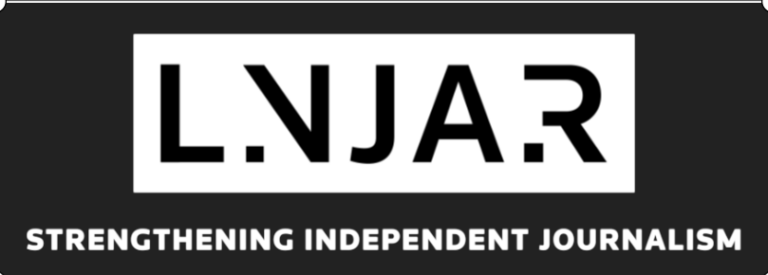
Media Defence
London, United Kingdom
Joined September 2024
Joined September 2024
The LNJAR provides journalists and independent media outlets around the world with critical legal support to protect their continued reporting on issues of vital public interest.
Presence in:
Brazil, Cameroon, Colombia, Egypt, Georgia, Kenya, Kyrgyzstan, Philippines, South Africa, Turkey, Ukraine, Vietnam
Focus: Criminal Justice, Generalist Legal Services, Other, Protection & Safety, Repression and Closing Civic Spaces
The Legal Network for Journalists at Risk (LNJAR) strategically coordinates the different types of support currently offered by various organisations with the goal of providing independent journalists and media outlets at risk with a single-entry point into an ecosystem of support.
The below are examples of the types of legal support the LNJAR can facilitate:
- Connecting to a lawyer and covering legal fees Through its member organisations, LNJAR can connect journalists to reliable lawyers in their country. Grant-making member organisations can help cover legal fees. Direct representation of journalists and media outlets on a pro bono basis will also be provided whenever possible.
- Strengthening legal representation LNJAR can coordinate support to local lawyers by connecting them to teams of pro bono firms or civil society organisations who can provide additional ad-hoc support.
- Strengthening the case As a case progresses, many different types of support can be provided:
- Where there is a likelihood of a politicised, unfair trial, trial-monitoring organisations can be enlisted to ensure fairness or expose a lack thereof;
- Comparative legal research input p
- Joint amicus briefs
- Strengthening the ecosystemThrough the production of legal tools, such as “Know-Your-Rights” Guides, Toolkits and Handbooks, the LNJAR members will contribute to strengthening the media freedom space by increasing journalists’ and media outlets’ legal acumen and mitigating risk from future legal actions. These tools can cover pre-publication advice as well as practical tips for professionals when they are working in the field.Through its members, LNJAR can also provide lawyers with the tools they need to respond to emerging threats against the media and access United Nations and/or regional human rights mechanisms, for instance through trainings or peer learning initiatives.
